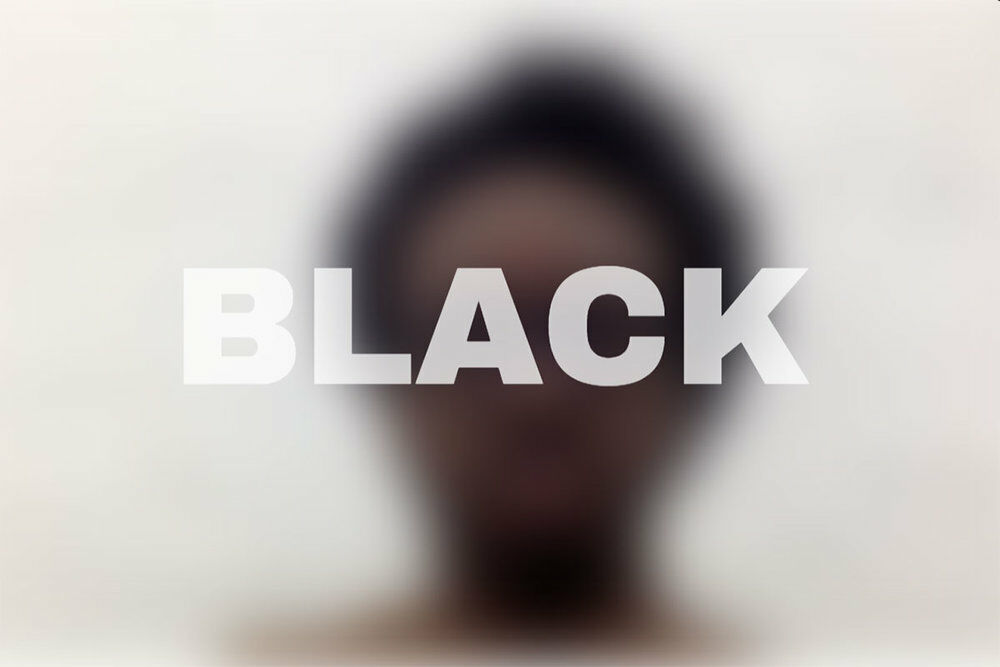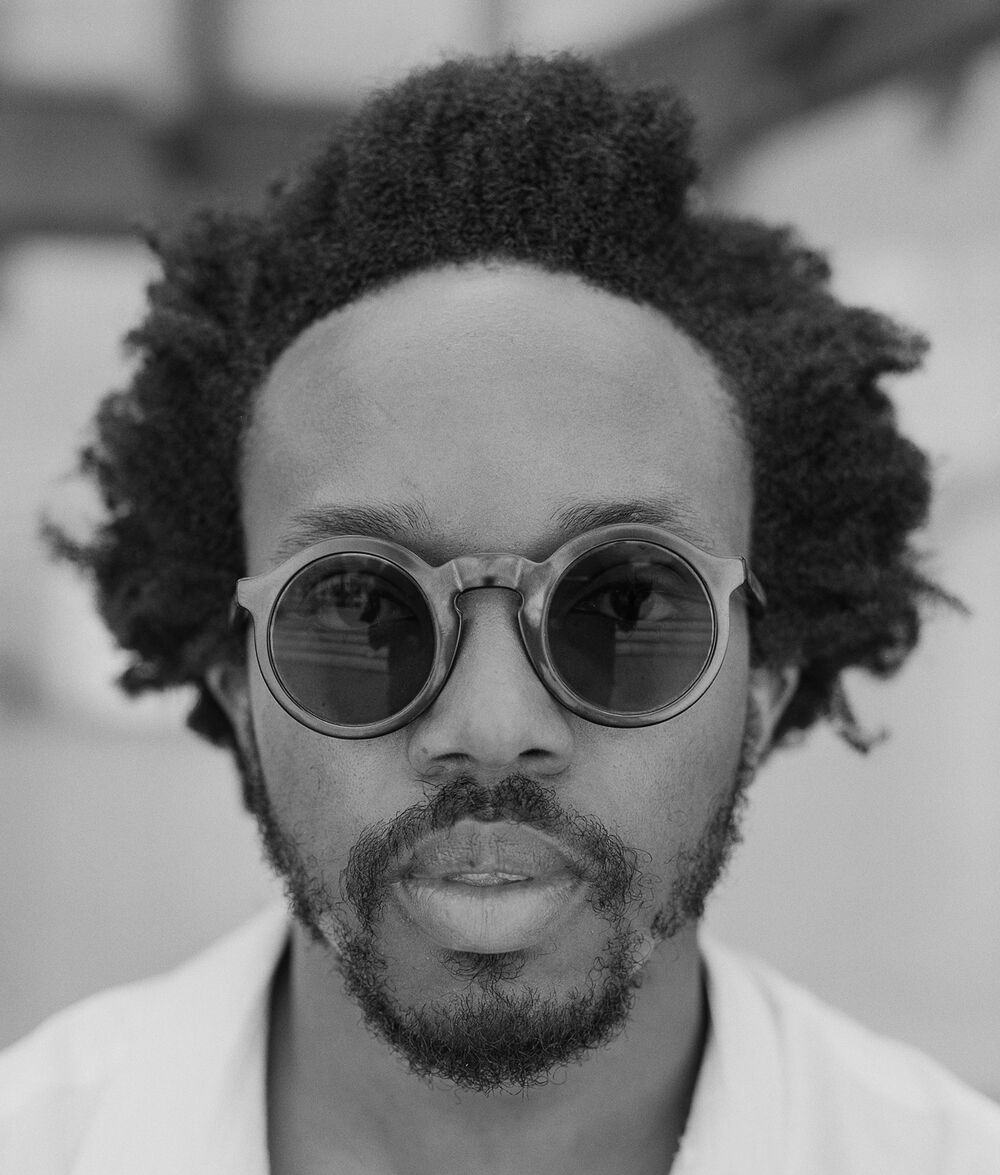Ekene Ijeoma broke the ice during his Design Indaba 2017 talk by asking the audience – all 1,500 of them – to stand up, turn to the stranger next to them in Cape Town’s Artscape auditorium, say: “I see you. I value you. I acknowledge you.” and then hug. Beside the mildly embarrassed giggles this act of random kindness elicited, Ijeoma was making the point that in design, as in life, human empathy is as important as clever creativity. As an interdisciplinary artist and designer, he works with data visualisations to trigger emotion and social engagement and is driven to “make conversation pieces, not just masterpieces.”
A successive project, Wage Island, was another map, this time a physical one of NYC. Made of acrylic and submersed in water, an electronic mechanism raised different areas of the city above water to reflect where you could reside on the minimum wage and how those areas expanded as salary increased. “This followed the minimum wage protests and was asking whether those who service our city could afford to live in it.”
“Data can be both beautiful and insightful when it comes to amplifying the voices of under-represented communities”
A similarly NYC-inspired concept was Look Up, an app that ironically asked its users to pay less attention to their phones than more. “Look Up is about preserving the idea of having a real, interactive street culture. If we’re constantly on our phones, we’re not engaging with people around us and then there’s no serendipity. Dating apps like Happen tell us about the people we’re intersecting with but we could just look up.” Inspired by the ideas of author and urban activist Jane Jacobs, who campaigned for the importance of neighbourhood life and sidewalk safety with "eyes upon the street, eyes belonging to those we might call the natural proprietors of the street." With this in mind, Ijeoma programmed every intersection of NYC into his app, not only as places where road safety is most important, but also where human connections and energy are at their highest. When a user reaches a crossing, two big eyeballs appear on their screen to remind them to take a look around.
Most recently Ijeoma launched The Ethnic Filter, a web cam that reflects the lack of diversity in the design community in the US. The website has four filters based on data from AIGA and a Google 2016 design census, which starts sharp for white and gets progressively blurrier through Asian, Hispanic and finally, black. “The website acts as a mirror bringing you face to face with the issue,” he says. “Data is good because it's based on real facts. And these days we need real facts when there's so much fake news on the internet.”

Ijeoma is a NYFA, Kennedy Center and New Lab/Simons Foundation fellow and has exhibited at the Design Museum in London, Istanbul Design Biennale and Neuberger Museum of Art, among many other accolades. This year he's working on projects to do with mass incarceration and racial injustice in the US. “New York is great because it’s a diverse city where you can test ideas,” he says. “But it’s still segregated so you have to be critical and continue to address issues until something changes.”
Words Helen Jennings
Photography Kent Andreasen

